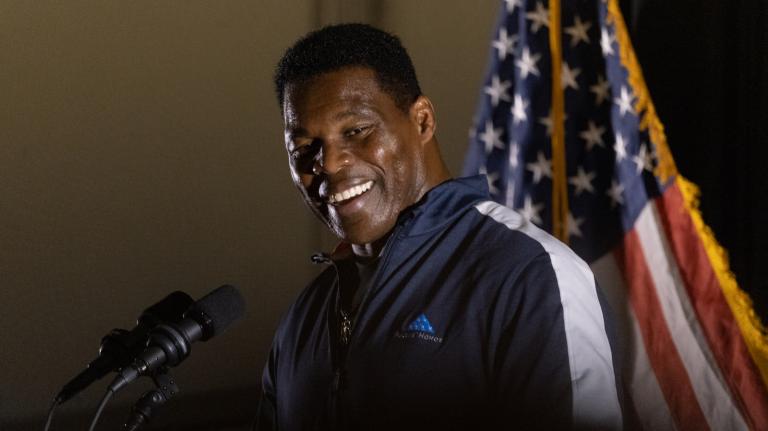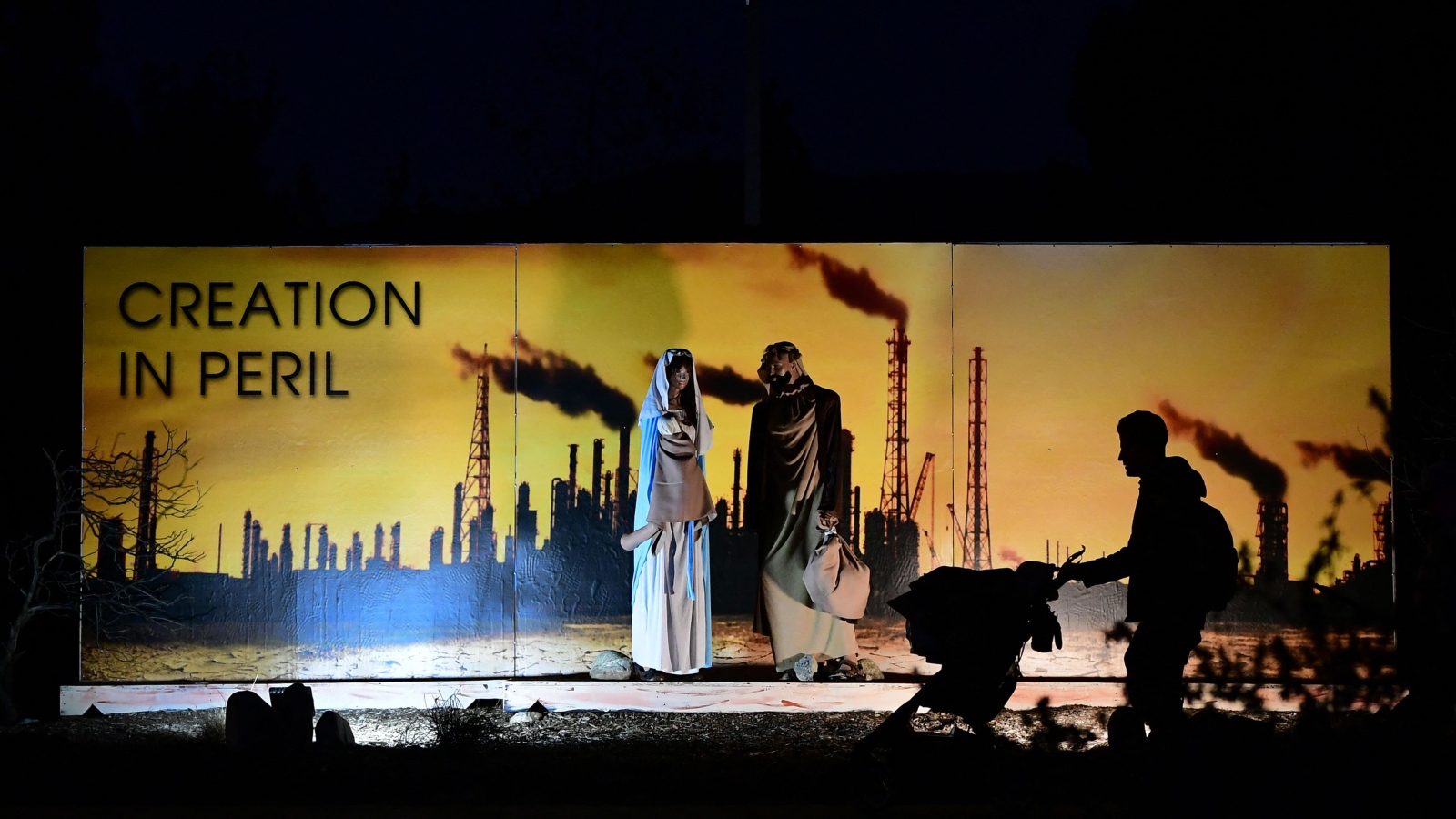Religious Americans overwhelmingly believe they have a duty to protect the Earth, according to a new poll from the Pew Research Center, with 80 percent saying God entrusted them with that responsibility. The survey also found that 42 percent prayed for the environment in the past year.
But that sense of duty doesn’t necessarily mean they’re clamoring to take on climate change. Less than half of highly religious people considered the overheating planet a “very” or “extremely” serious problem, though two-thirds said it was at least “somewhat” serious. In comparison, almost three-quarters of people with low religious commitment said climate change was a very serious problem.
At more than 100 pages long, the Pew poll is one of the most in-depth surveys on the link between Americans’ religious beliefs and climate views to date, offering a deeper look into why religious people tend to be less concerned about climate than their nonreligious counterparts.
Researchers pointed to politics as the most convincing explanation. Responses to the Pew poll suggest that Americans’ views on climate change tend to be influenced more heavily by their political party than by what they hear at church.
Nationwide, about 83 percent of Democrats are likely to think of climate change as a very serious problem, compared to 25 percent of Republicans. “When you look within religious groups, you see the same pattern there, whether it’s evangelical Protestants or religiously unaffiliated Americans,” said Becka Alper, who wrote the Pew report. “Within religious groups, those who are Republican are far less likely than those who are Democrat to say climate change is a serious problem.”
When asked to explain why they believe climate change isn’t a serious problem, religiously affiliated Americans often echoed Republican talking points. According to the poll, about half said that stricter environmental laws could hurt jobs and the economy.
The finding that partisanship plays such an influential role in people’s climate views aligns with more than a decade of research, said Robin Globus Veldman, a professor of religious studies at Texas A&M University. The relationship between politics and religion can be hard to untangle, however, since the influence goes both ways.
“People really quickly go and say, ‘Oh, it’s just politics. It has nothing to do with religion. It’s just a coincidence that evangelicals tend to be more politically conservative and so that fully explains their climate attitudes,’” Veldman said. “I think there is a lot more interconnection between being evangelical and being politically conservative, and so you can’t separate it out and say, ‘All of this politics is not religion.’”
The Pew poll, which surveyed more than 10,000 Americans in April, found other reasons why those who believe they’ve been entrusted with caring for the Earth might fail to connect that with acting on climate change. More than a third of evangelicals said there are much bigger problems in the world than global warming; others said that God is in control of the climate.
Another obstacle is that most places of worship aren’t really connecting the dots. Just 8 percent of Americans who attend religious services regularly reported they hear a lot about climate change in sermons. For pastors, “it’s such a politicized issue that there’s a huge disincentive to discuss that topic,” Veldman said. “You have to do it very delicately, and you risk alienating people and driving them away from the other good things you do in your church.”
That said, there are some signs that highly religious people are taking environmental problems seriously — even among the most historically resistant group, evangelicals. In a report earlier this year, the National Association of Evangelicals, which represents 45,000 evangelical churches, called climate action a Christian responsibility and made the Biblical case to save the planet. Young evangelicals have led the push for climate action within the tradition.
More broadly, a majority of Americans of all religions thought that passing a bill to address climate change should be a priority for Congress, according to a poll from Morning Consult and Politico last year. That included 60 percent of Christians and 79 percent of Jews, Buddhists, Hindus, and Muslims. They got what they wanted, at least in theory, when President Joe Biden signed the Inflation Reduction Act in August, the single largest climate package in U.S. history.
On the international level, faith groups have organized more than 40 side events at the U.N. climate conference this month in Sharm el-Sheikh, Egypt, to offer a religious perspective on the climate crisis.
While the finding that many people are praying for the environment may be encouraging, Veldman said to take it with a grain of salt, as the religious-friendly framing of the poll could have swayed their answers. “It’s like asking if you love your mother — you know what everyone’s going to say,” she said. “Everybody believes you should protect the Earth, right? Especially when it’s in a religion framing and in a survey that’s making religious questions salient.”




